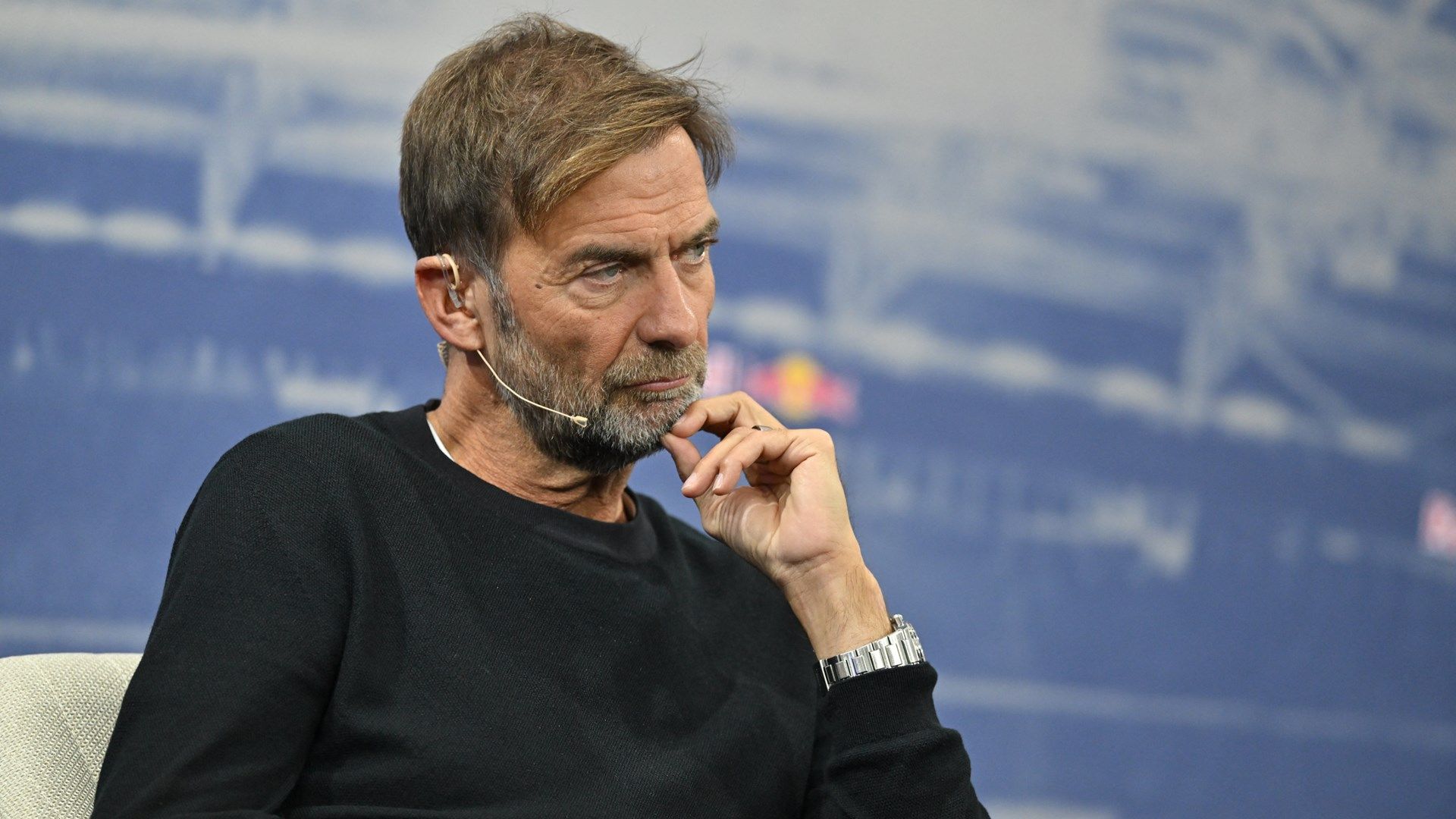Jurgen Klopp Opens Up On Stepping Away From Management
Jurgen Klopp has lifted the lid on why he may never return to the volatile world of football management, detailing how life on the touchline distanced him from the “normality” he craved and why a calmer routine now feels non-negotiable.
Jurgen Klopp’s honest reflection on life after the dugout
The former Liverpool boss admitted that coaching consumed every waking hour, pushing him “too far away from a normal life.” Long days at Melwood, endless tactical tweaks and the constant pressure to deliver trophies eventually took their toll. Klopp confessed that, since stepping down, he has enjoyed rediscovering simple pleasures—morning walks without a stopwatch, dinners that are not planned around a fixture list, and the freedom to switch off his phone without fear of missing breaking news about an injured midfielder.
The impact of relentless pressure
While Klopp’s legendary energy once seemed inexhaustible, he now acknowledges that his trademark touchline sprints and booming celebrations masked deep fatigue. “In that job you’re never free,” he said. “Even at home you’re watching training clips, planning the next session or worrying about a player’s recovery.” That mental load, he says, gradually eroded his appetite for the adrenaline rush that defines elite coaching.
Coaching offers from Mourinho and Hodgson
Despite overtures from José Mourinho and Roy Hodgson—both urging him to dive back into management—Klopp remains unmoved. The German’s gratitude is genuine, yet the phone calls merely reinforced his conviction that stepping away was the right choice. “They mean well,” Klopp revealed, “but hearing them talk about fixtures, transfers and VAR controversies reminded me of everything I do not miss.”
A new rhythm replaces the fixture list
Now residing mostly in the Black Forest, Klopp has swapped analysis meetings for family bike rides. He still watches matches, yet does so as a relaxed observer rather than a stressed stakeholder. His mornings are punctuated by espresso shots and reading rather than by urgent injury updates. “Football will always fascinate me,” he conceded, “but I don’t need to be on the sidelines to love the sport.”
Will Jurgen Klopp ever return to football management?
Fans naturally wonder whether a sabbatical could turn into a permanent goodbye. Klopp is careful not to shut the door completely, but his language is telling. The lure of elite competition used to be irresistible; now, he measures potential opportunities against the quality of life he has finally reclaimed. Unless a project offers both competitive intrigue and personal balance, Klopp is unlikely to sign another contract.
Legacy secure at Liverpool
Klopp’s decision is easier to understand in light of what he accomplished at Anfield. The German ended Liverpool’s 30-year wait for a league title, captured the Champions League and revitalised a club that had drifted from Europe’s elite. That decorated résumé means he can depart without nagging regrets. In his words, “We achieved what many thought impossible—now the club moves forward, and so do I.”
The wider trend among top coaches
Klopp’s story mirrors a growing pattern among elite managers. Pep Guardiola has spoken about burnout, and even the indefatigable Antonio Conte has admitted the toll of another intense season. Financial security combined with all-consuming pressure means the newer generation of coaches might also view sabbaticals as a smarter pathway than perpetual motion.
How Klopp spends his post-Liverpool days
Friends describe a figure who looks healthier, rested and unmistakably happy. He has visited vineyards in the Rhine Valley, tinkered with a memoir and invested time in charitable foundations that rarely made his diary during the Premier League grind. He even guests on podcasts, discussing tactics without giving away trade secrets—and always signs off with the same refrain: “Enjoy the game; don’t let it consume you.”
Media speculation versus realistic outlook
Of course, speculation never stops. Every time a high-profile job becomes available, Klopp’s name trends on social media. Agents, pundits and bookmakers fuel rumours that he will fill the void at Bayern Munich, Real Madrid or even a national team. Klopp listens, smiles and politely distances himself, insisting that gossip is a “compliment” but not a calling.
The emotional cost that drove the decision
Perhaps the most poignant revelation from Klopp is the emotional cost borne by loved ones. “Matches don’t only last ninety minutes for a coach’s family,” he reflected. Victories bring short-lived euphoria; defeats bring sleepless nights. Removing that volatility from his household has, in his words, been “the greatest trophy of all.”
What this means for Liverpool’s future
Liverpool supporters will always hold Klopp in reverence, yet his departure forces the club to define its next era. With new signings betting on a brighter future and back-room staff embedding fresh ideas, the Reds aim to build on the foundation he laid. Klopp’s influence lingers in the pressing philosophy and in the self-belief he injected into the city, but the baton is now firmly in new hands.
Opinion: A rare case of choosing life over legacy
Too often in modern sport, we glorify relentless ambition and overlook the cost. Jurgen Klopp’s willingness to walk away, even at the apex of his career, feels both radical and refreshingly human. Far from tarnishing his legacy, it enhances it, demonstrating that success is hollow if personal well-being is sacrificed. Whether or not he ever returns, Klopp’s greatest contribution may be showing that stepping back can be a sign of wisdom, not weakness.
Share this content:

